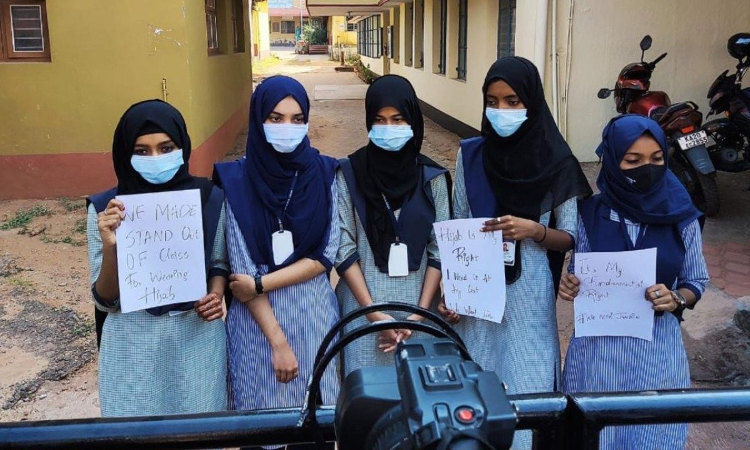On 31st December, 2021, Government Girls PU College, Udupi imposed a sudden restriction on the hijab inside classrooms. The college enforced this restriction in the absence of any rule, resolution or guideline. The college uniform was a blue coloured chudidhar with dupatta, and they prohibited students from using the dupatta as a headscarf. Six students protested the move by sitting...

